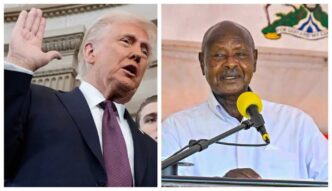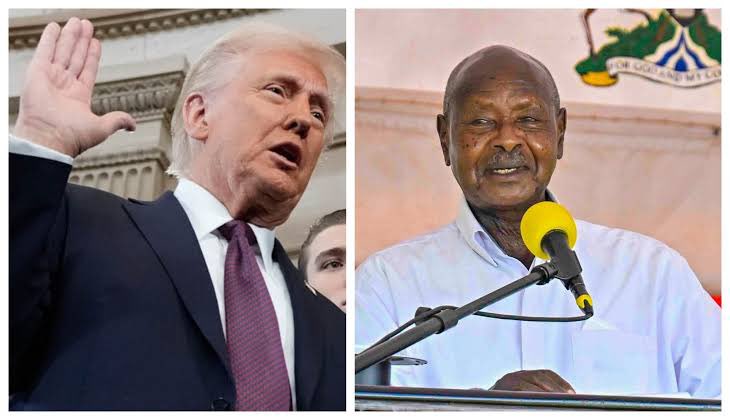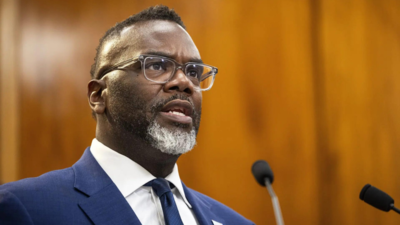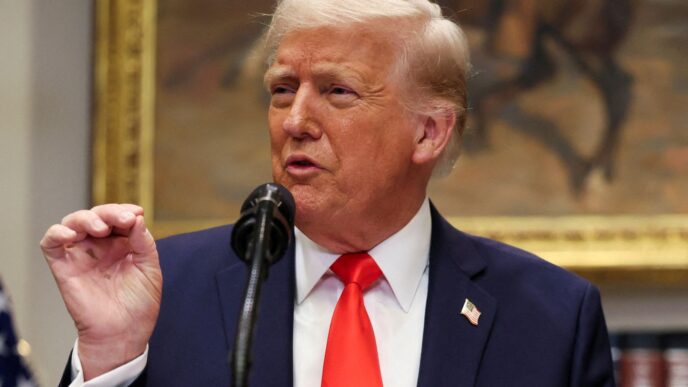Uganda has entered into an unexpected agreement with the United States to receive nationals from third countries who may not qualify for asylum in America but are unwilling to return home.
The deal, announced by Uganda’s Ministry of Foreign Affairs on Thursday, August 21, has already drawn attention due to its unusual nature.
According to the ministry’s permanent secretary, Vincent Bagiire Waiswa, the arrangement will be temporary and subject to strict conditions.
“This is a temporary arrangement with conditions including that individuals with criminal records and unaccompanied minors will not be accepted,” Waiswa explained in a statement.
The U.S. government, under President Donald Trump, has been pushing for the deportation of millions of immigrants who entered illegally.
His administration has also explored sending deported individuals to third countries, including Eswatini and South Sudan.
This agreement with Uganda marks another step in that effort.
Waiswa noted that Uganda would prefer to host individuals of African origin under the new arrangement.
“The two parties are working out the detailed modalities on how the agreement shall be implemented,” he added.
However, confusion surrounded the deal earlier this week.
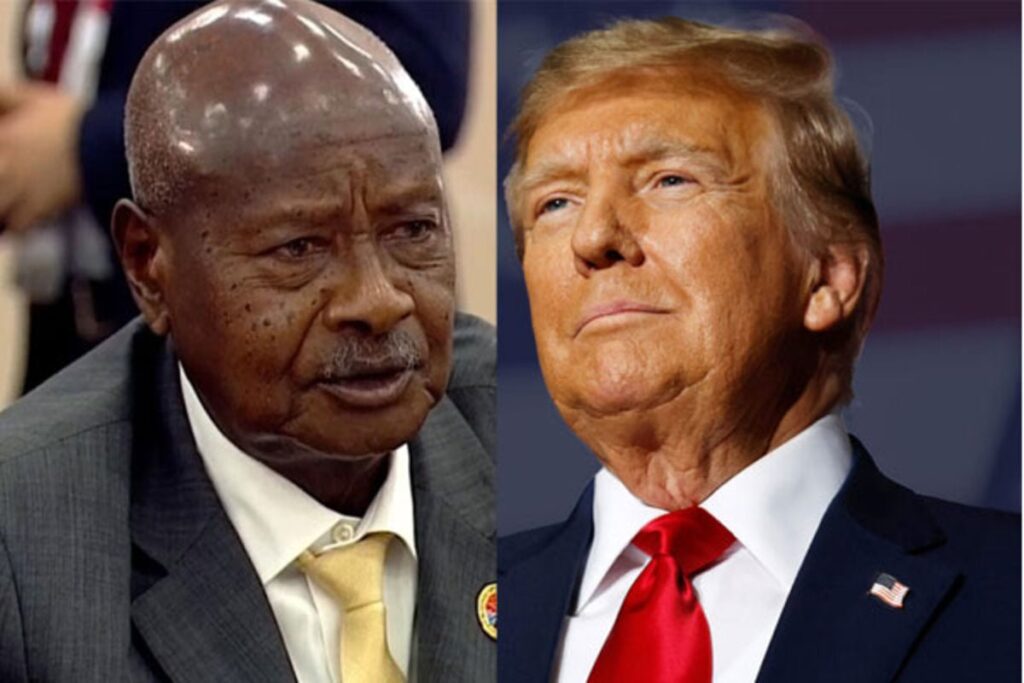
On Wednesday, another foreign affairs official denied a U.S. media report claiming Uganda had accepted deportees, insisting the country lacked adequate facilities to accommodate them.
The latest statement has now confirmed the deal, although implementation details remain unclear.
Uganda is already one of Africa’s largest refugee-hosting nations, sheltering nearly two million refugees and asylum-seekers.
Most of them are from neighboring countries, including South Sudan, Sudan, and the Democratic Republic of Congo.
This new arrangement with the U.S. therefore adds another layer to the country’s already significant humanitarian role.
Meanwhile, Washington has faced criticism over its recent deportation tactics.
In July, five immigrants from Vietnam, Jamaica, Laos, Yemen, and Cuba all convicted of serious crimes were deported to Eswatini.
They remain held in a high-security prison, with human rights groups challenging the move in court.
In the same month, eight men were deported to South Sudan after being kept for weeks in a shipping container in Djibouti.
Furthermore, over 250 Venezuelans were forcibly repatriated earlier this year after being sent to a notorious prison in El Salvador.
These cases have raised concerns about due process and human rights violations linked to U.S. deportation policies.
For Uganda, the partnership may strengthen ties with Washington, but it also raises questions about the burden on its already stretched refugee system.
